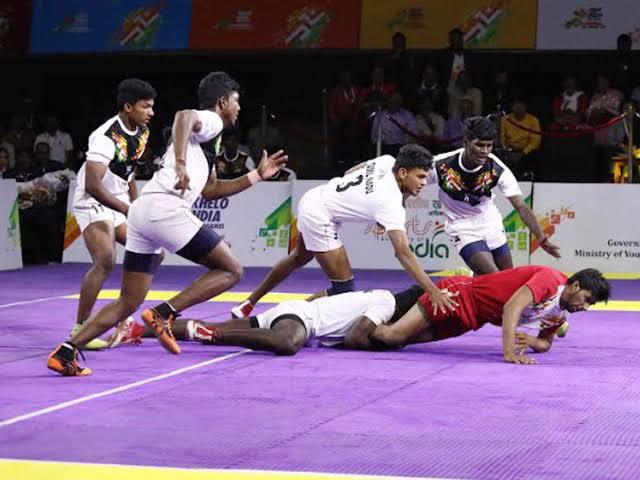
The Premier League is a privately owned company and is the top football league in the world. It consists of 20 individual teams competing from England and Wales. The Premier Football League was founded on 20 February 1992 and runs on a system of promotion and relegation alongside the English Football League (EFL). The main objection of the Premier League is for world-class players to compete. According to the League, it uses “equitable distribution of broadcast and commercial revenues to enable clubs to develop and improve their skills.”
For the 2023/24 Premier League season, which started on 11 August 2023, new changes have been adapted to the rules of the game. This decision follows consultation with all 20 clubs, data experts, and referees. Here is a list of the new changes:
Timekeeping (and injury time)
The Premier League has decided to align itself with the timekeeping rules set by the International Football Association Board (IFAB).
In the past, nominal periods were defined for incidents, and game officials would add the total amount of time together to get the amount of added time needed after each half of the game ended. Now, the times inside the stadiums will keep running until the end of each half of the match. The game officials now include additional time for both halves (officials will add the time lost due to the incident). This could have a big impact on players and fans.
Players might find the increased game duration to be more tiring – it has been estimated that the average game will now be over 101 minutes long. As a result, fans who bet on Premier Leauge games using the UK’s many safe betting sites could also find their bets that had been winning at 90 minutes have a different result with so much added time in which more goals could be scored.
Regardless of who it impacts, here is a list of the incidents that make up for added time:
- Substitutions
- Goals and subsequent celebrations
- Injuries and treatment time (only when needed)
- Penalties (from the moment of offense till the whistle blows for the penalty kick).
- Red cards (this will be from the moment of offense until the player leaves the field).
Offside
The Premier League worked with FIFA and the IFAB to develop the latest update, primarily for the defense players, which relates to “deliberate play.” According to IFAB, “a player in an offside position, when the ball is played or touched by a teammate, is only penalized on becoming involved in active play. During active play, the player gains an advantage by playing the ball or interfering with an opponent when it has rebounded or deflected off the goal post, crossbar, match officials, or opponents“.
According to the new rules, a defender is seen by the match officials to be in control of the ball and can pass the ball to a teammate and gain possession or clear the ball. A player on the other team who is in an offside position can be penalized.
Denying a clear goal-scoring opportunity
Denying a clear goal-scoring opportunity is any incident where a player commits a foul play inside their penalty area. Such a play will deny the opposition player a clear goal-scoring opportunity, leading to a penalty.
The new rule now states that the offending player will be issued a yellow card instead of a red card. The decision will, however, be at the discretion of the referee. However, a repeat offense will result in a red card being issued.
Conclusion
The new adjustments to the rules have been made to ensure the game’s fairness for all teams involved in a particular match. We all know that football is a worldwide sport, and with that said, changes are inevitable.













